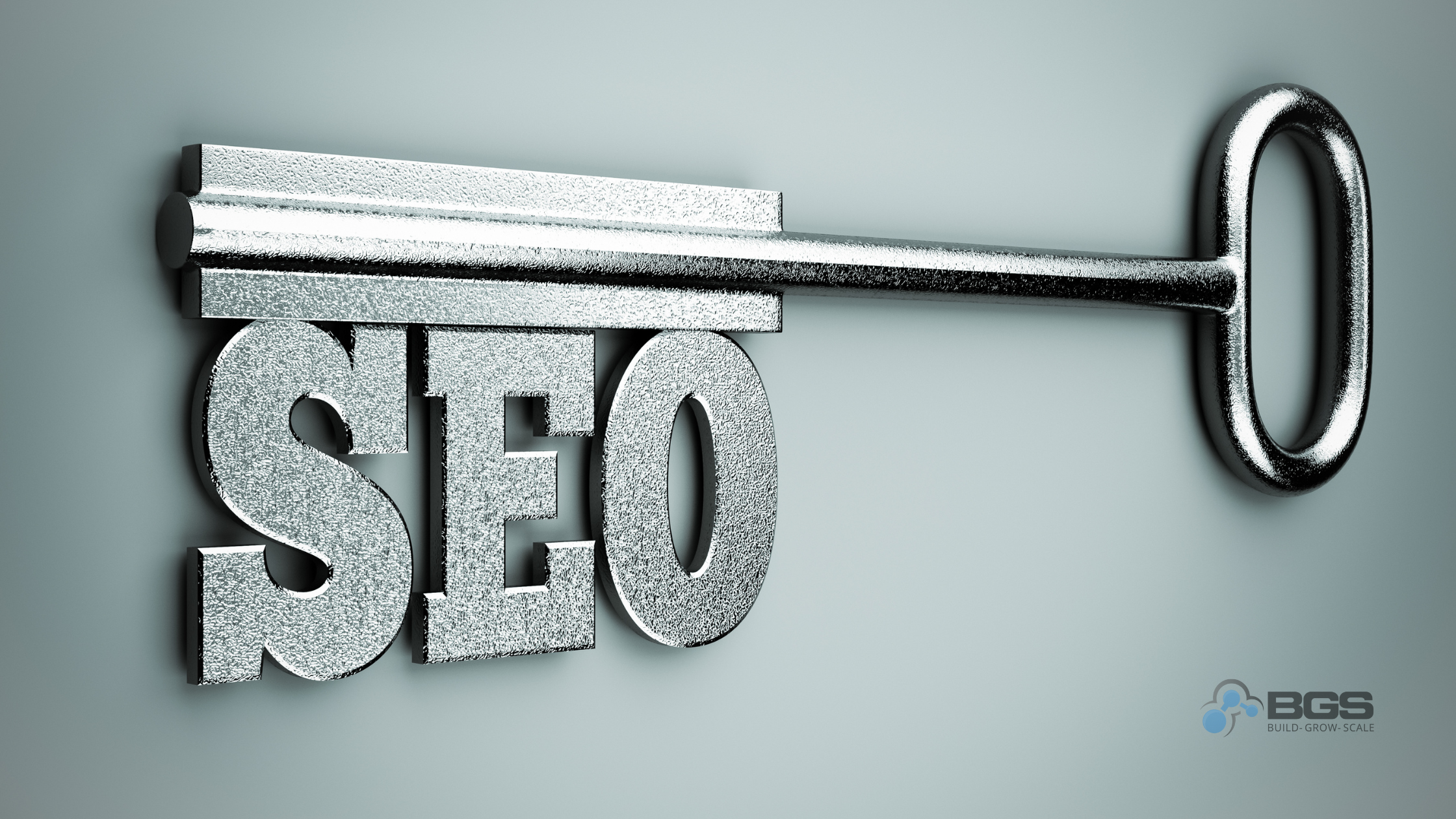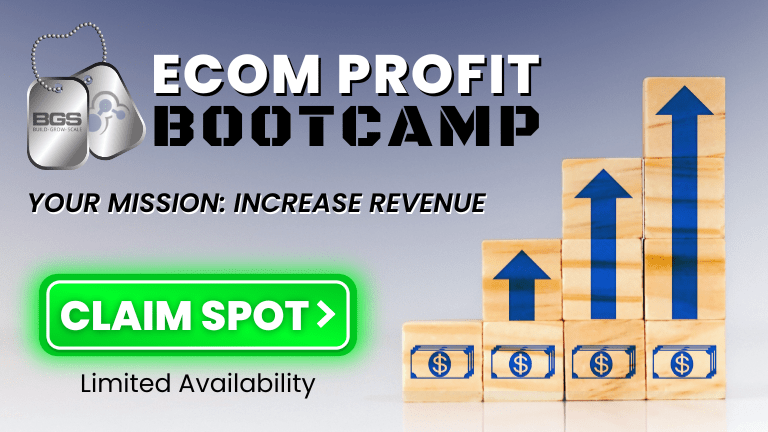How to Optimize SEO for Your Shopify Store

In the vast digital landscape, your online store is like a solitary ship navigating through a sea of competitors. To ensure your Shopify store stands out and attracts the right audience, optimizing SEO for Shopify is crucial. But where do you begin? How can you set sail toward success and outrank your competitors?
Well, fear not … We’ve got the answers you’re looking for!
In this article, we’ll delve into the depths of keyword research, on-page optimization, technical SEO, link building, and SEO analytics, equipping you with the knowledge and strategies to optimize your Shopify store’s SEO and steer it in the direction of greater visibility and profitability.
Are you ready?
Keyword Research
To optimize your Shopify SEO, start by conducting thorough keyword research. This is a crucial step in improving your website’s visibility and driving organic traffic.
Begin by brainstorming relevant keywords and phrases that are closely related to your products or services. Think about what your target audience might search for when looking for similar offerings. Once you have a list of potential keywords, use tools like Google Keyword Planner or SEMrush to analyze their search volume and competition level.
Look for keywords with high search volume and low competition to maximize your chances of ranking higher in search engine results. Additionally, consider long-tail keywords, which are more specific and have less competition.
On-Page Optimization
When optimizing your Shopify SEO, take the next step by focusing on on-page optimization techniques.
On-page optimization refers to the various strategies and tactics you can implement on your website to improve its visibility and ranking on search engine result pages (SERPs).
One important aspect of on-page optimization is optimizing your website’s meta tags, including the title tag and meta description. These tags should accurately describe the content of each page while also containing relevant keywords.
Additionally, make sure to optimize your website’s URL structure, using descriptive and keyword-rich URLs.
Another crucial factor is creating high-quality, unique, and relevant content that incorporates targeted keywords. This will not only enhance the user experience but also attract search engine crawlers and boost your website’s SEO performance.
To optimize your Shopify product page SEO, you need to:
- Create unique and compelling product descriptions that are detailed, informative, and engaging. You should use a language that appeals to your target audience and highlights the key features and benefits of your products, avoiding duplicate content and making sure each product description is unique.
- Conduct keyword research to identify the most relevant and high-volume keywords for your products. Then, incorporate these keywords naturally into your product descriptions, titles, headings, and image alt tags. But be careful to avoid keyword stuffing, as it can negatively impact your SEO.
- Optimize your meta tags, including the meta title and meta description, which play a crucial role in attracting search engine users to click on your product pages. Ensure that your meta tags accurately describe the content of your products, are keyword-rich, and compelling to encourage click-throughs.
- Ensure your website is mobile-friendly, as this is absolutely essential. Optimize your product pages to be responsive and provide a seamless user experience across different devices. This will not only improve your SEO but also enhance the overall user experience and increase conversions.
Here are more product page SEO best practices.
Technical SEO
Technical SEO plays a crucial role in improving your website’s visibility and ranking on search engines. To start, ensure that your website is mobile-friendly and loads quickly, as these factors are important for both user experience and search engine rankings.
Next, optimize your website’s URL structure by using descriptive and keyword-rich URLs.
Additionally, pay attention to your website’s internal linking structure to ensure that search engines can easily crawl and index your pages.
Don’t forget to create an XML sitemap and submit it to search engines to help them understand and navigate your website.
Lastly, regularly monitor and fix any technical issues that may arise, such as broken links or duplicate content.
Link Building
Link building is an essential strategy for improving the visibility and authority of your Shopify website in search engine rankings.
By acquiring high-quality backlinks from reputable websites, you can enhance your website’s credibility and increase its chances of ranking higher in search results.
When other websites link to your Shopify store, search engines view it as a vote of confidence, indicating that your content is valuable and trustworthy.
To start building links, you can reach out to industry influencers and bloggers to request a link to your website.
Additionally, creating valuable and shareable content can naturally attract backlinks from other websites.
Effective Strategies for Building High-Quality Backlinks
To build high-quality backlinks for your Shopify store, there are several strategies you can implement:
1. Focus on creating high-quality, informative, and engaging content that others in your industry will find valuable. This could be in the form of blog posts, guides, tutorials, or even videos. The key is to provide value and establish yourself as an authority in your niche.
2. Identify websites that are relevant to your industry and have a good reputation. Reach out to them and pitch your content as a resource that their audience would find valuable. Be genuine and personalize your outreach to increase your chances of getting a positive response.
3. Collaborate with influencers as the influencers in your industry can help you gain exposure and build backlinks. Consider collaborating with them on content projects such as guest blogging or co-creating content. This not only helps you tap into their audience but also provides an opportunity for them to link back to your store.
4. Guest blogging on relevant websites is a great way to establish yourself as an authority and gain backlinks. Look for websites that accept guest posts and pitch them your ideas. Make sure your content is valuable and aligns with the website’s audience to increase the chances of getting published.
SEO Analytics
To effectively track and measure the impact of your link-building efforts, it’s crucial to utilize SEO analytics. By analyzing data and insights provided by SEO analytics tools such as Semrush or Ahrefs, you can gain valuable information about your website’s performance in search engine rankings.
These tools can help you identify which keywords are driving the most traffic to your site, understand how users are interacting with your content, and monitor your website’s overall visibility and authority.
With this information, you can make informed decisions about your SEO strategy and identify areas for improvement.
Wrap-Up
Optimizing SEO for Shopify is crucial for driving organic traffic to your online store.
By conducting thorough keyword research, implementing on-page optimization techniques, addressing technical SEO issues, and building quality backlinks, you can improve your website’s visibility in search engine results.
Regularly monitoring SEO analytics will also help you track your progress and make necessary adjustments to further optimize your Shopify store for better search engine rankings and increased online visibility.
We hope this helps provide some clarity and direction. Now … get to optimizing that SEO so you can start raking in more revenue!




